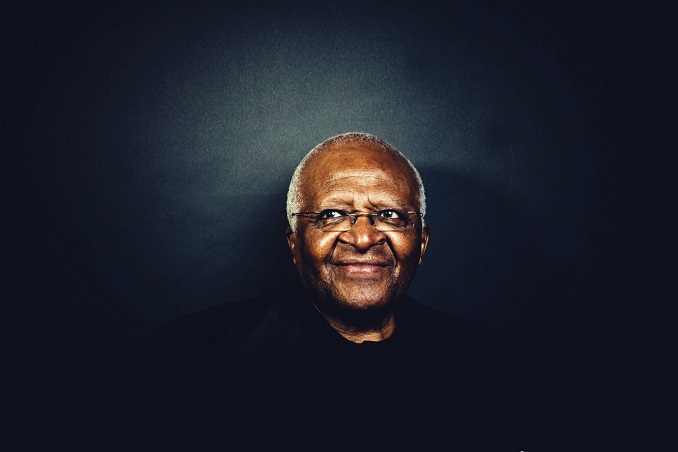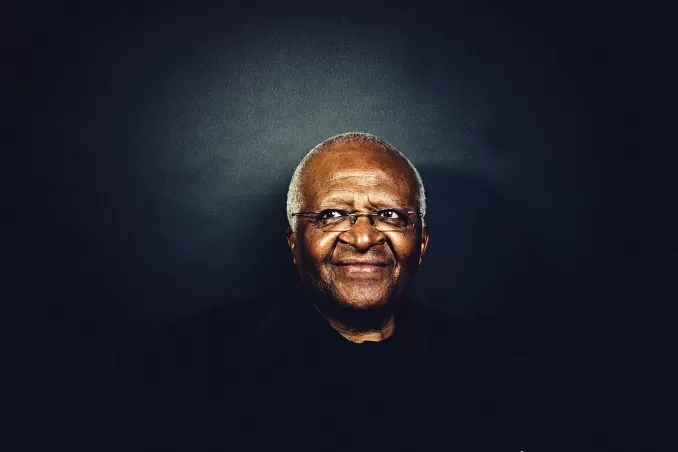

desmond tutu a south african anti apartheid activist early voted
![]()
![]()
Tutu, who was wearing slippers and a tracksuit, stood with a walking stick, while Leah, 88, used a pulpit frame. Tutu, who was ordained at the age of 30 and became archbishop in 1986, pushed for international sanctions against white minority rule and later for worldwide human rights. He was denied the right to vote as a black South African until 1994, when Nelson Mandela won the country’s first democratic election.
In a statement, the Archbishop’s office coordinator Mamphela Ramphele stated, “They are of a generation that felt the full impact of apartheid.” “Too many funerals of struggle martyrs have been presided over by the Arch to ever take this prerogative for granted,” he continued. Tutu headed a commission probing apartheid-era human rights breaches after Mandela’s election. He has spoken out against homophobia in the Anglican Church, as well as high cabinet salaries and state-sanctioned corruption.
He retired in 2010 and rarely appears or speaks in public, earning the nickname “the Arch.” In 1997, he was diagnosed with prostate cancer and has since had multiple treatments. Tutu was last seen in public on October 7th, when he celebrated his 90th birthday by attending a special church ceremony in Cape Town. He had previously been in May with his wife for Covid-19 vaccines. The couple has voted in the local elections, which will be held on November 1st.
The South African Social Security Agency (SASSA) informs its beneficiaries that Workers' Day on May 1st will push the May…
A team from the West African group ECOWAS (Economic Community of West African States) has left Guinea-Bissau after the country’s…
MultiChoice and NBCUniversal have given $145 million to support Showmax Africa. This money will help with running the business and…
The ongoing search for Free State police officers in Centurion resulted in the discovery of five dead bodies found in…
The Sistine Chapel will welcome Cardinal members in the forthcoming week to start electing succession candidates on May 7 for…
Namibia’s President, Netumbo Nandi-Ndaitwah, has removed Agriculture Minister Mac-Albert Hengari from his position. The decision came after serious allegations of…
This website uses cookies.